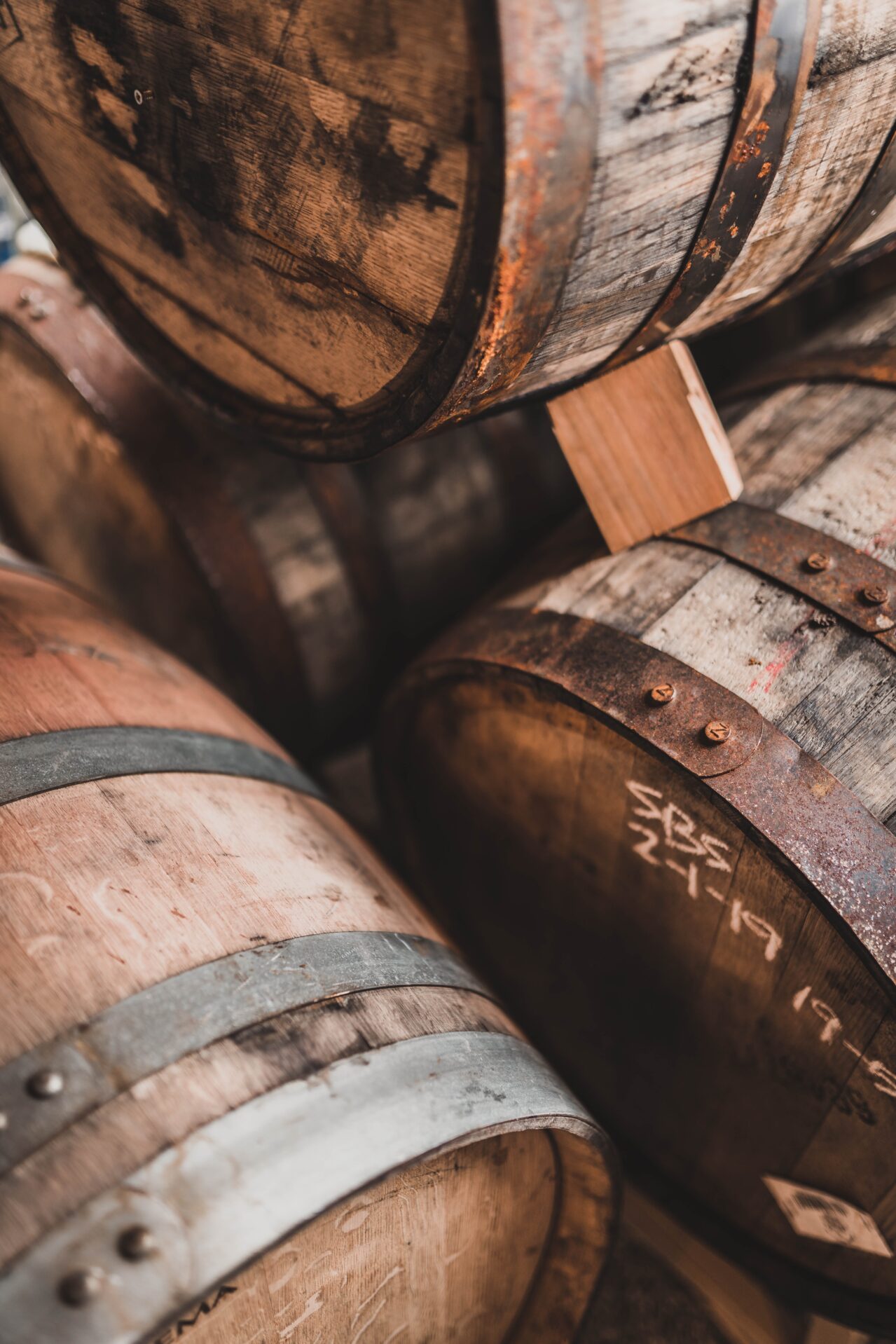Every time the latest super premium Scotch single malt whisky gets released; it causes quite a stir. Across social media and the whisky drinking community you will see predictable comments being vented about whisky prices. “Looks nice but way too expensive”. “Outrageous pricing”. “What a rip-off”.
But do these comments have any element of truth? Or are they naïve and show a lack of understanding about the economics of the whisky industry? Why are old whiskies priced as they are?
What affects whisky prices?
With whisky there are several factors that determine price. When some or all combine, then it will mean a hefty outlay for the consumer. Age and rarity are the biggest influences. Very little whisky gets to be 40 or 50 years of age – by this point most has been allocated by a brand for core range bottlings, which sell the most. Only the very best casks reach such a grand age.
The type of cask plays a part also in whisky prices. Some casks are more expensive and rarer than others – for example a standard ex-bourbon barrel will cost around £150 whereas an ex-sherry cask will be closer to £1,000. The alcoholic strength of the whisky is also a major factor. Higher strength whiskies have greater alcohol by volume (ABV), which will incur greater taxes. These will be passed on to the customer within the final price.
So much more than just the spirit
When you purchase a whisky at this elevated level, you are not simply buying the liquid. Brands do not, and cannot, present these rare spirits in regular core range bottles or packaging. There is an expectation from consumers that there should be some prestige and theatre to such high-end products.
If you think about it, this is no different in other areas of luxury. Would you expect to see plastic mass-produced fittings in an Aston Martin or cheap materials used by a Savile Row tailor? No. So, why should it be so with old and rare whisky?
What you end up buying is a collaboration of skilled crafts – the whisky makers from years gone by, the distillery workers that have nurtured the maturing liquid over four or five decades, the handblown glass decanter and the bespoke hand-built display cabinet. This is a factor for any luxury whisky and comes with a natural cost for the expertise and time of the craftsman.
Interest in whisky investment
With such factors to be considered, the question arises – why should a whisky brand not value and charge what they feel their rarest products are worth? Every company does so in any other area of business or retail. Old and rare whisky prices have soared during the last decade. This has been driven by a surge of interest in whisky investment and auction sites plus other market forces, in a similar way to other commodities.
There are many whisky commentators and brands that will argue old whisky has been too cheap for a long time. This is true, especially when Scotch single malt sales were struggling in the 1980s and 90s. Retro bottlings from that era (and before) did not have the bespoke crafted packaging to compliment the liquid nor the ‘status symbol’ tag. Such premiumisation is a modern phenomenon.
The only way is up
One can only speculate why people get so annoyed or complain about whisky prices of old and rare varieties. The negativity is rarely backed up with any solution or an alternative pricing structure. If they are, then the suggestions are unrealistic and loss leading. How would they value such a premium and luxury product? And what do they expect the distilleries and brands to do? Sell their extremely rare products and make no money?
Here is a final thought: maybe a luxury, old and rare whisky is not even aimed at those that are the most vocally critical anyway, in a similar way that a supercar is not aimed at someone doing the school run. Is it envy? Jealousy? Frustration that they do not have the money to buy it? Or something else? Who knows! But one thing is for sure – prices of premium Scotch whisky are only going one way and that is up.




